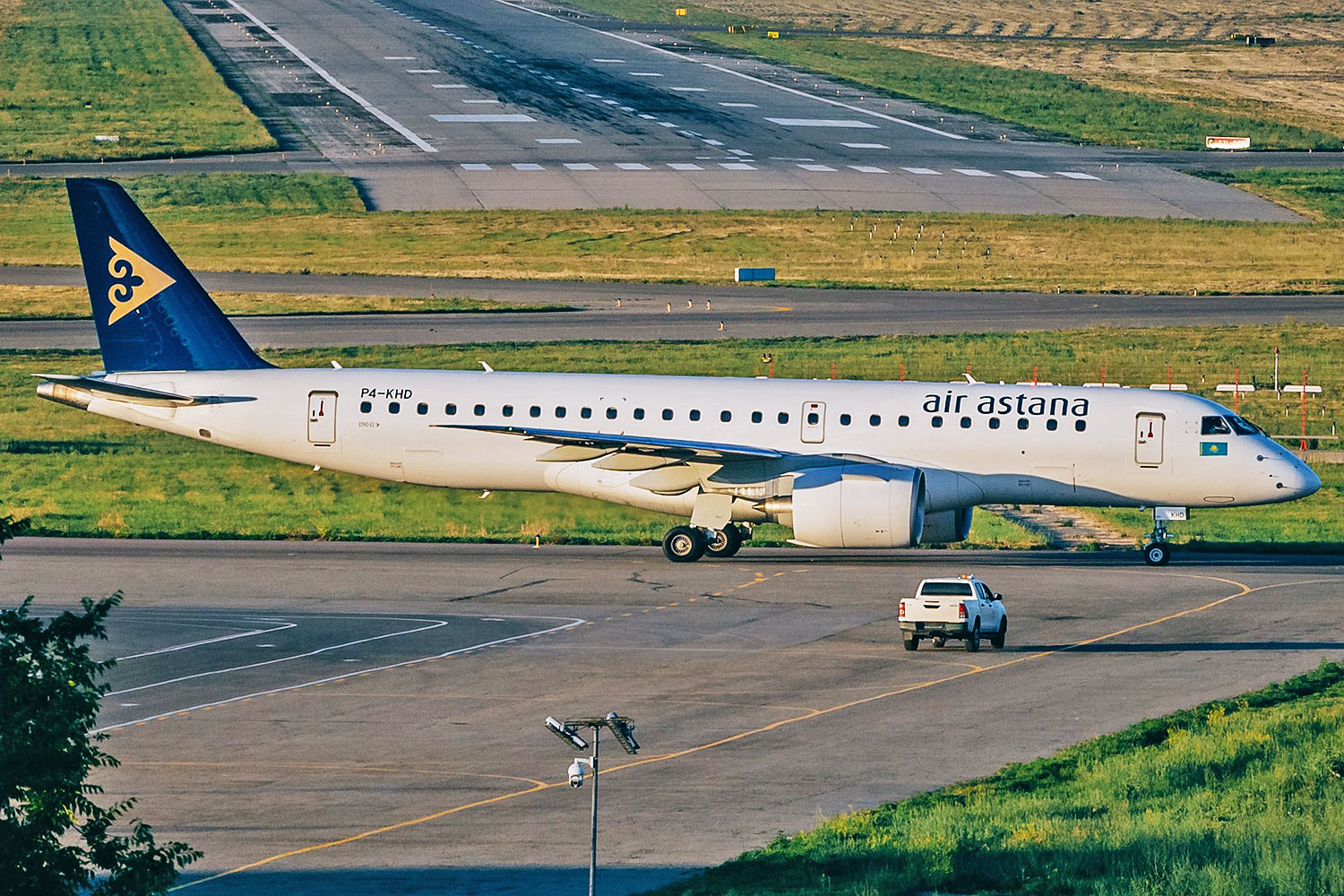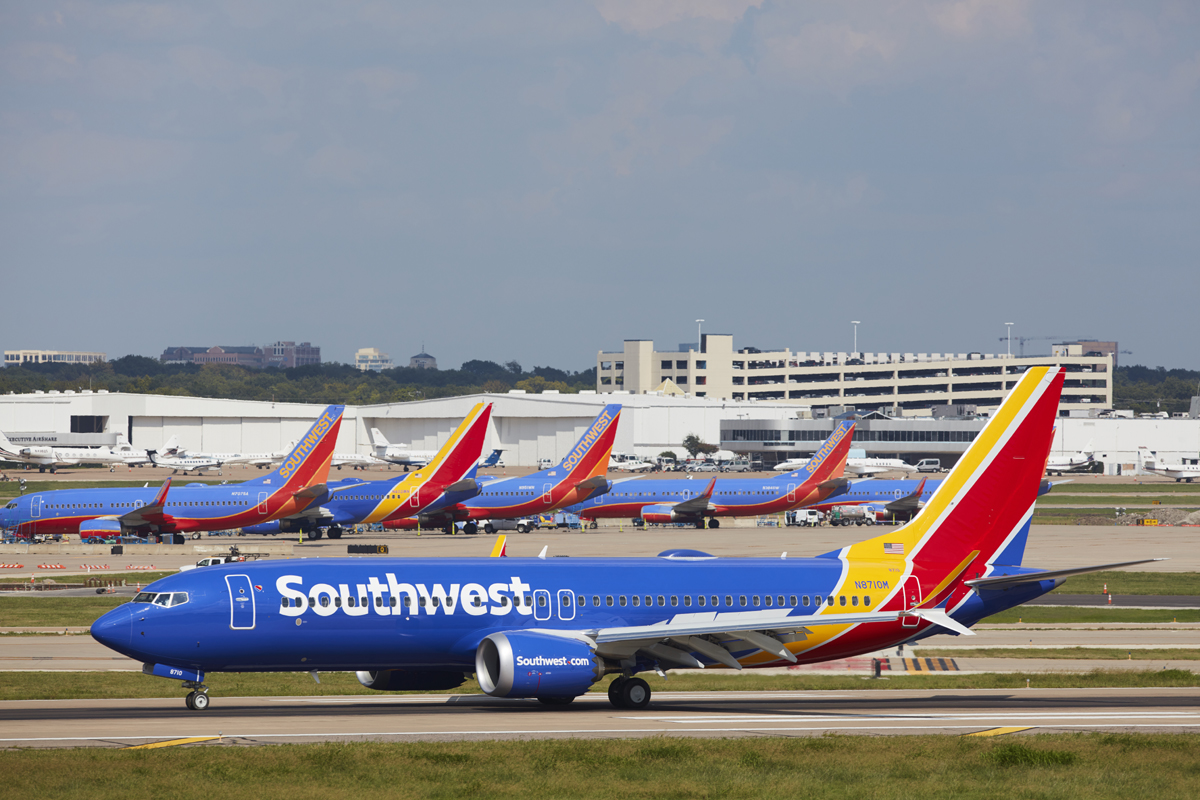Boeing workers in the western US accepted the proposal for a 38% wage increase for the next four years and ended the strike that began on September 13.
After repeated rejections, the planemaker had the agreement accepted by 59% of the approximately 33,000 employees on strike, who are responsible for producing the 737, 767 and 777 commercial jets.
According to the International Association of Machinists and Aerospace Workers (IAM) union, employees should return to their jobs starting on Wednesday.
Follow Air Data News: WhatsApp | Google News | Instagram | LinkedIn | Twitter | Facebook
“Through this victory and the strike that made it possible, IAM members have taken a stand for respect and fair wages in the workplace,” said Jon Holden, president of IAM District 751, which represents many of the striking employees.

The new contract offered by Boeing also includes a $12,000 bonus and changes to the retirement plans.
Long road to resuming production
Despite the approved agreement, it will take weeks for Boeing to resume production of commercial aircraft, which was already falling short of demand even before the strike.
Amid several serious problems at its factories, the US company is facing great public scrutiny. Government entities such as the FAA (Federal Aviation Administration) have been judicious in approving its projects.

Boeing has been trying for years to obtain certification of the 737 MAX 7, MAX 10 and 777X models, without success.
In office since August, Boeing’s new CEO, Kelly Ortberg, now has the task of getting the company back on track and finding ways to navigate its financial abyss.
The good news is that the air travel industry needs Boeing more than ever.






